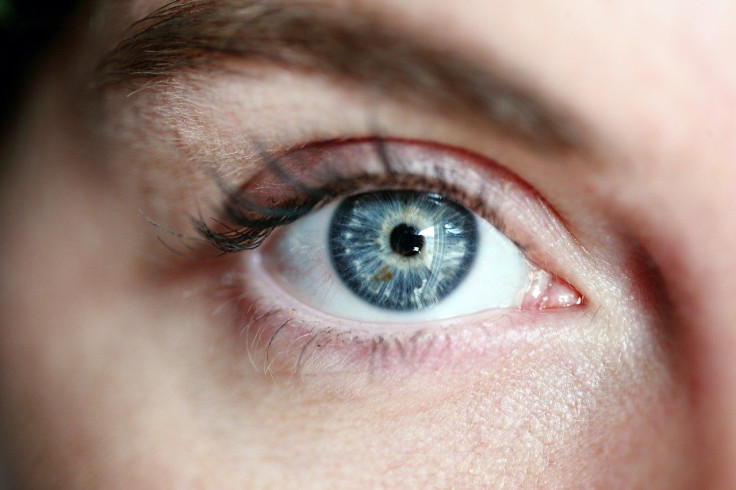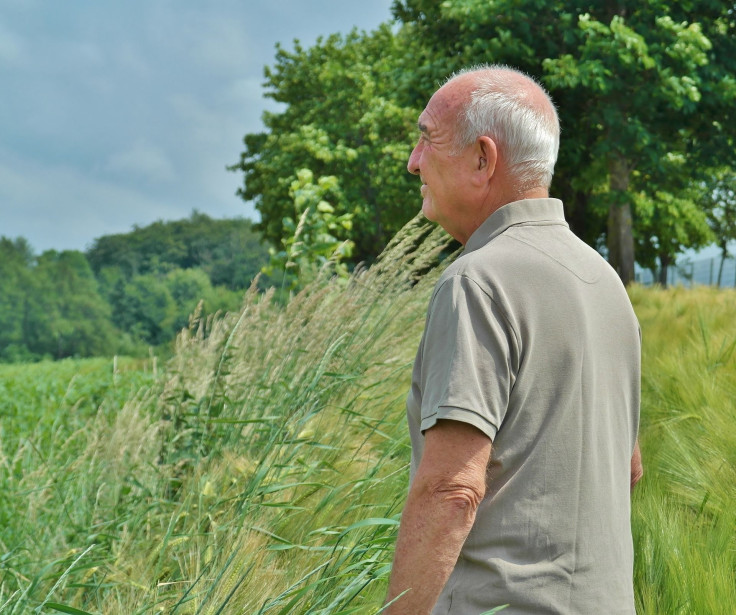eyeAge: New AI Tech Tracks Aging Through Retinal Scans

The eyes are the window to the soul. But they could also be the window to a person's aging profile.
Google Health, the Zuckerberg San Francisco General Hospital, and other research facilities and organizations have teamed up to study how retinal scans could help track human aging more accurately than other aging clocks available.
The retinal aging clock they developed, called "eyeAge," determines chronological age more accurately than other aging clocks using deep learning technology. This analyzes the eye in full detail to predict age acceleration as well.
"We are looking at aging through a different lens and bringing more information to the table. We hope eyeAge will be utilized along with other clocks to make tracking aging more robust, powerful and comprehensive," co-corresponding author Sara Ahadi, a former Fellow at Google Research, said in a press release.
Scanning the eyes to determine a person's health profile is not new. Fundus imagery, which shows the blood vessels at the back of the eyes, has long been used as a diagnostic tool for eye diseases and other medical conditions affecting other organ systems.
However, even with modern instruments, it's not easy to detect tiny changes in retinal capillaries. Hence, the researchers employed artificial intelligence to build an aging clock that could measure a person's age through the eyes, as per Lifespan.io.
"This type of imaging could be really valuable in tracking the efficacy of interventions aimed at slowing the aging process," senior co-author Pankaj Kapahi, a professor at Buck Institute, said in the press release.
Kapahi, Ahadi and other collaborators did a genome-wide association study (GWAS) to establish the genetic basis of their eyeAge clock. Their findings, recently published in eLife Sciences, showed promise since eyeAge is independent of blood marker-based measures of biological age.
"This study demonstrates the potential utility of a retinal aging clock for studying aging and age-related diseases and quantitatively measuring aging on very short time-scales, opening avenues for quick and actionable evaluation of gero-protective therapeutics," they wrote.
The research team looked for genes strongly related to rapid eye aging. They used eyeAge data to make an age acceleration measurement, called eyeAgeAccel, and compared it to U.K. Biobank genomics.
"The results suggest that potentially, in less than one year, we should be able to determine the trajectory of aging with 71% accuracy by noting discernible changes in the eyes of those being treated, providing an actionable evaluation of gero-protective therapeutics," Kapahi noted.
Kapahi added that retinal scans are more reliable than blood biomarkers since the former is less susceptible to day-to-day fluctuations. On the other hand, blood biomarkers are easily influenced by several factors, including current infection and food consumption.
Future research is needed to establish eyeAge's role in measuring the effectiveness of interventions and treatments for age-related diseases, alongside other clocks.




























